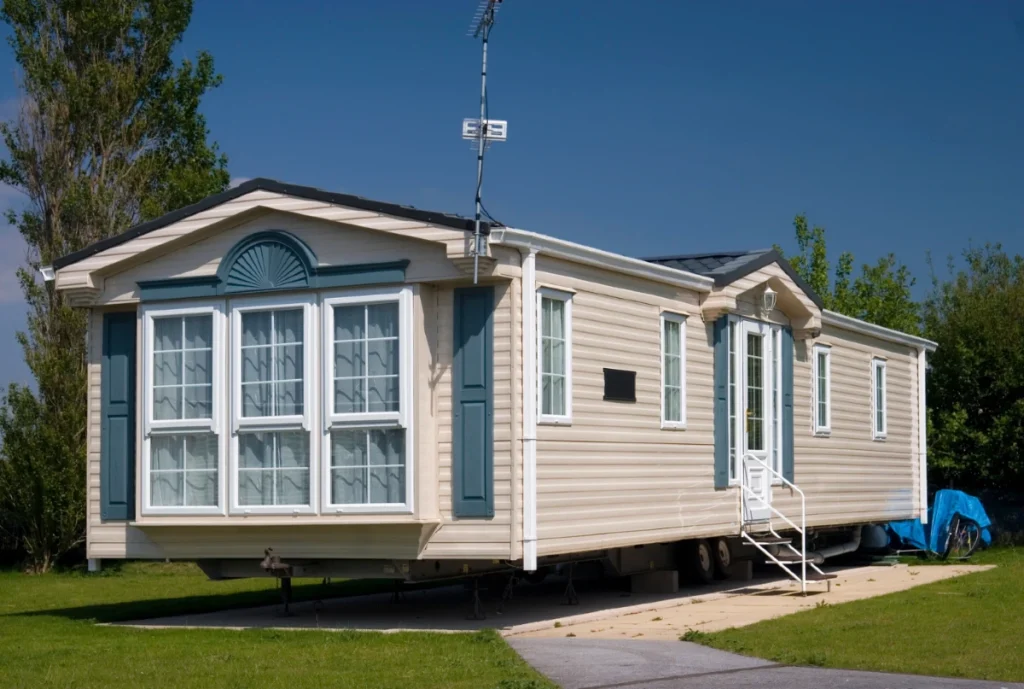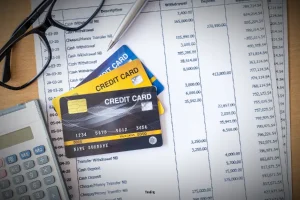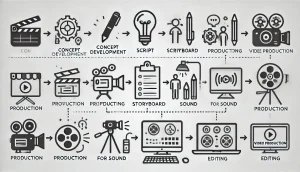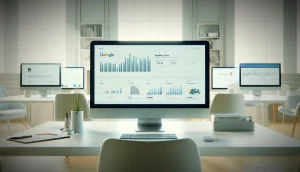How Much Does It Cost to Have a Mobile Home? 6 Facts to Know
Dreaming of owning a home on a budget? Consider a mobile home! Also known as manufactured homes or trailers, they’re affordable and flexible. But before you buy, understand the true cost. In this blog post, we’ll cover six key facts about mobile home ownership. Dive in and get informed!
Clarification of terminology
First and foremost, let’s clarify the terminology surrounding mobile homes. Many people often use terms like “mobile home,” “manufactured home,” and “modular home” interchangeably, but they have distinct differences. Mobile homes are structures that were built on a chassis with wheels and can be easily moved from one location to another. On the other hand, manufactured homes are built on a permanent chassis and meet certain construction standards set by the Department of Housing and Urban Development (HUD). Finally, modular homes are built in sections off-site and then assembled on a permanent foundation. These terms can also be confused with tiny homes on wheels, which are often smaller mobile or manufactured homes that have been trendy in recent years. Knowing the differences between these terms is crucial in understanding the costs associated with each type of home.
The cost of purchasing a mobile home
The cost of purchasing a mobile home can vary greatly depending on several factors. On average, the price of a new mobile home can range from $30,000 to over $100,000. However, keep in mind that this is just the base price and does not include any additional costs like land purchase or site preparation. The specific factors that affect the cost of a mobile home include its size, location, upgrades, customization options, and the manufacturer. Generally, the larger the home, the more expensive it will be. The location also plays a significant role in determining the cost as land prices can vary greatly depending on where you plan to place your mobile home. Moreover, opting for upgrades such as higher-quality materials or custom features like a porch or fireplace can significantly increase the price. Lastly, different manufacturers may have varying pricing structures, so it’s always a good idea to compare prices and options before making a purchase.
Expenses that come with owning a mobile home
Aside from the initial cost of purchasing a mobile home, several other expenses come with owning one. These include property taxes, insurance, utilities, and maintenance costs. Property taxes for mobile homes are typically lower than traditional homes as they are considered personal property rather than real estate. However, this can vary depending on your location and local tax laws. Insurance is also necessary for a mobile home, and it can be more expensive than traditional homeowners’ insurance due to the increased risk of damage from high winds or storms. Utility costs will also vary depending on your location but typically include expenses for electricity, water, sewer, and trash removal. Finally, maintenance costs should not be overlooked as regular upkeep is essential to keep your mobile home in good condition. These costs can include repairs, landscaping, and general cleaning and upkeep. It’s important to budget for these ongoing expenses when considering the overall cost of owning a mobile home.
Comparison of costs between owning a mobile home and a traditional house – pros and cons
When comparing the cost of owning a mobile home to a traditional house, there are pros and cons to consider. On one hand, the initial cost of purchasing a mobile home is significantly lower than that of a traditional house. This can make it an attractive option for those on a limited budget or looking to downsize. Also, utilities and property taxes tend to be lower for mobile homes, which can save money in the long run. However, there are also downsides to owning a mobile home. The overall value of a traditional house tends to appreciate over time, whereas a mobile home may depreciate. This means that it may be more difficult to sell a mobile home for a profit down the line. Furthermore, maintenance costs for a traditional house may also be lower as they are typically built with more durable materials and have a longer lifespan. There is also the issue of stigma surrounding mobile homes, which may make it difficult to secure financing or insurance and can impact resale value.
Tips for budgeting and saving money on mobile home expenses
If you are considering purchasing a mobile home, there are ways to budget and save money on related expenses. One of the best ways to save money is by taking on DIY projects for repairs and renovations instead of hiring professionals. With some basic tools and knowledge, many tasks such as painting or installing new flooring can be done yourself, saving you money on labor costs. Investing in energy-efficient upgrades can help lower utility costs in the long run. This can include installing energy-efficient appliances, upgrading insulation, or adding solar panels. Another way to save money is by buying used mobile homes instead of new ones. This can significantly lower the initial cost but be sure to inspect the home thoroughly before making a purchase and factor in any potential repair costs.
Common misconceptions surrounding mobile homes
Despite the many benefits of owning a mobile home, there are still some common misconceptions that may deter people from considering it as an option. One of the main misconceptions is that all mobile homes are low-quality and poorly constructed. While this may have been true in the past, modern manufactured homes must meet strict construction standards set by HUD. Another misconception is that mobile homes are only for those on a lower income or in need of temporary housing. However, many people with middle and high incomes choose to live in mobile homes due to their affordability and flexibility. It’s important to do your research and not let these misconceptions sway your decision if you are considering owning a mobile home.
Owning a mobile home can be an affordable and flexible housing option for those on a budget. However, it’s essential to understand the true cost associated with purchasing and maintaining a mobile home. By knowing the terminology, expenses, comparisons to traditional houses, tips for saving money, and common misconceptions surrounding mobile homes, you can make an informed decision about whether it is the right choice for you. With careful budgeting and smart choices, owning a mobile home can be a worthwhile investment for homeownership.








